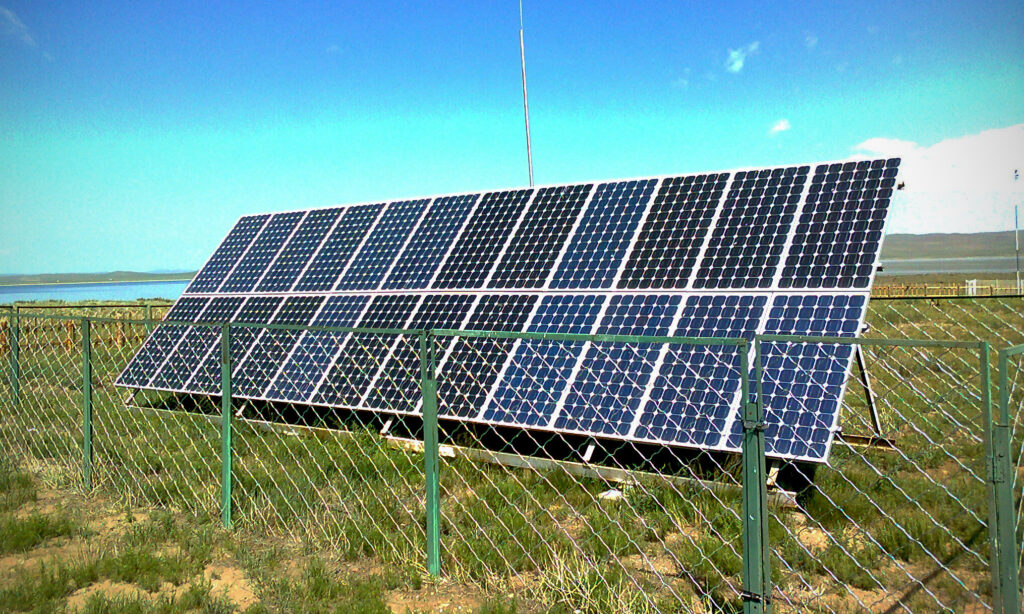Ohio Attorney General Mike DeWine filed suit against solar power company Willard & Kelsey Solar Group, charging the company with fraud in connection with loans it received from two state agencies.
Job Promises Never Materialized
DeWine’s suit says Willard & Kelsey defaulted on two $5 million loans granted in 2009 and 2010. The Ohio Development Services Agency and the Ohio Air Quality Development Authority granted the loans.
Prior to receiving the loans, Willard & Kelsey boasted it would create 450 jobs, and its website claimed it manufactured “the world’s finest” thin-cell solar panels. Ohio officials declared the company in default on its loans in late 2011, and Willard & Kelsey idled operations at its northwestern Ohio facility in June of this year.
Multiple Charges for Misconduct
In all, the Ohio AG’s office leveled 17 charges against the company, including two counts of fraudulent and unlawful transfers, two counts of civil conspiracy, and two counts of civil aiding and abetting. Having defaulted on its loans and having shut down operations in the summer, Willard & Kelsey may not have the money the state is trying to recover. As a result, Ohio authorities are holding the company’s shareholders individually liable for the funds owed to the state.
The suit says the company failed to secure the certifications needed to sell its products and company president James Appold gave Willard & Kelsey a personal loan “at an unconscionable interest rate.”
Powerful Political Backers
Even more disturbing is how Willard & Kelsey received the loans in the first place, when financial data showed the company was severely undercapitalized. Vice President Joe Biden and then-Gov. Ted Strickland gave the company high-profile support despite its apparent financial problems. At the time, both the company and its political supporters touted the hundreds of jobs they said the solar-panel manufacturer would create.
“The entire episode has more than a faint whiff of ‘Solyndra’ to it,” said Greg Lawson, a policy analyst with the Ohio-based Buckeye Institute.
“However, the larger public policy question is why the state was offering these kinds of loans in the first place, and essentially picking winners and losers,” Lawson explained. “That is something government should not be doing, because it is inevitable that these types of situations will raise their ugly head.”
“Solyndra-style scandals are not limited to the federal government,” said Jay Lehr, science director for the Heartland Institute, which publishes Environment & Climate News. “Taxpayers in many states are getting burned by their state legislatures authorizing the very same types of sweetheart renewable energy deals as Solyndra.”
“State-level renewable power subsidies make no more sense than Solyndra. Renewable power costs more to produce than conventional power, and even with substantial subsidies renewable power has a difficult time competing. Ultimately, taxpayers are left footing the bill for failed companies,” said Lehr.
Bonner R. Cohen, Ph. D. ([email protected]), is a senior fellow at the National Center for Public Policy Research.





